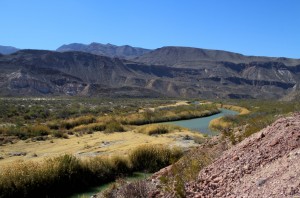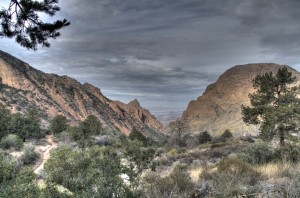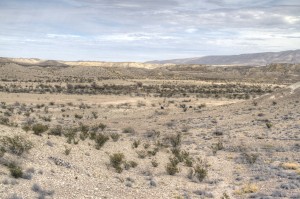This is an astounding fact that, in and of itself, shouts for overhaul of the system:
"A senator has to raise $10,000 every day that they are in office to make the average amount that's spent today in a Senate race." So who are the Senators going to spend most of their time with? You and me, so that they can raise $50 or $100, or with big corporations and powerful trade organizations? And what type of legislation are they going to tend to support?
 Here's another example from represent.us:
Here's another example from represent.us:
We decided to target Jim Himes because he’s emblematic of a much larger systemic problem: Our Congress is being corrupted by big money and no longer represents the people. Rep. Himes co-sponsored and helped push a bill called H.R. 992 through the House. 992 would further deregulate derivatives, a financial instrument that played a major role in the 2008 crisis (source).
Our organization doesn’t have a position on derivatives trading. What we do have a position is corruption, and this is a textbook case. The New York Times revealed that 992 was written by big bank lobbyists — 70 of the 85 lines in 992 were written by lobbyists for CitiGroup.





